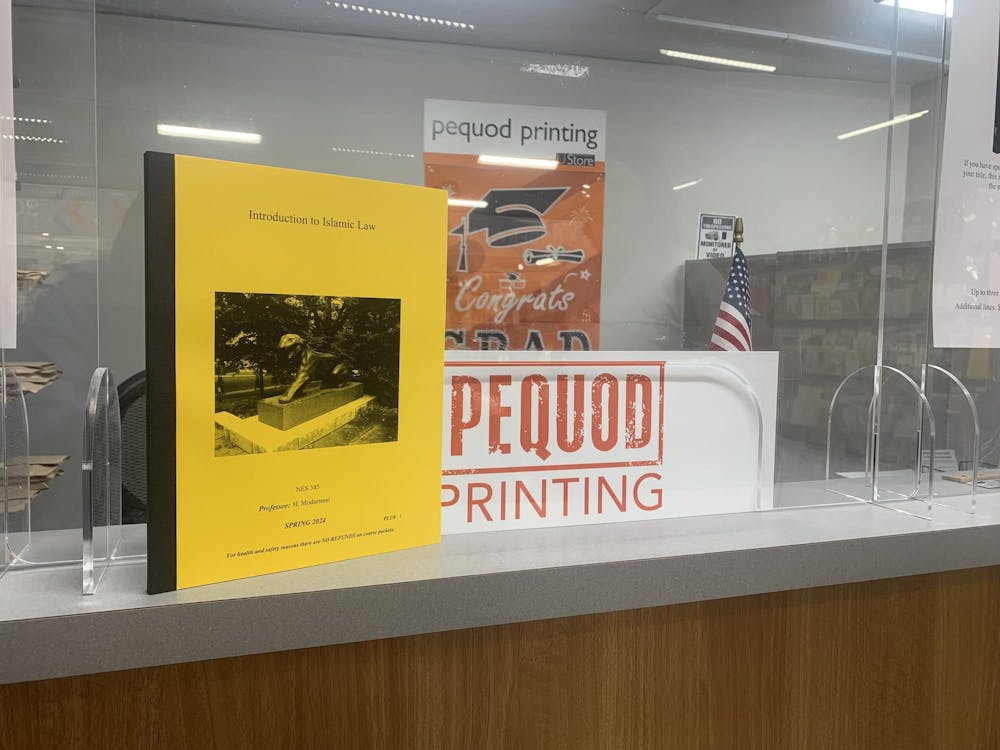ByCourtney Buoncore '18 and Gwyndolyn Goldfeder '18
Most Princeton students operate under the assumption that our campus promotes intellectual and moral integrity, as well as academic transparency. And yet, many Princeton students are only aware of the existence of laboratory animals thanks to recent articles in the Daily Princetonian like “U. accused of violating Animal Welfare Act in marmoset monkey incident.” However, even with this article, how many Princeton students truly know what experiments are being performed on animals on this very campus?
Could you, if asked, talk about the types of animals we have here? The vast majority of you will likely say no, or more likely, may think that these questions are unimportant. Yet the purpose of these questions is not to argue that our research facilities are entirely immoral, nor to declare unmitigated disgust at those who practice such techniques. Rather, we aim to encourage the realization that we, as a student body, simply do not know the details of what goes on in the depths of certain research facilities.
On a campus that promotes integrity, honesty and honor among the student body, and rightfully demands transparency about so many other issues, including mental health and sexual assault policies, it only follows that we should also demand this transparency in regards to the policies and conditions of the live animals kept on campus for experimentation. This is an issue that affects a significant portion of students on this campus.
Some of you will even directly work with these animals during your Princeton careers, as JPs and theses in certain departments include experimentation for independent research. Some of you might be surprised to learn that researchers on this campus have cut open the heads of macaques and stuck in head posts, according to their article they published for the Public Library of Science journal. These posts are screwed into the monkeys’ skulls to secure the animal. The monkey is then placed in a primate chair, a contraption that includes Velcro wrist restraints for the purpose of immobilization. After being prepared thusly, these macaques had to stare for hours at a screen while researchers measured their visual and auditory responses.
As graphic as this description may seem, it recounts standard and common procedures that adhere to regulations. Princeton, however, does not always adhere to such regulations. Based on several Freedom of Information requests, the Department of Agriculture’s Animals and Plant Health Inspection Service has given us warnings in the past for failing to comply with certain federal standards.Rats set aside for euthanization were forgotten for over twelve hours, left in a cage that lacked food, water or bedding. When discovered, these rats were immediately put to death. In another instance, researchers failed to adequately confirm the death of several baby mice who were euthanized. These pups, while alive, were stored in a freezer with the carcasses of other mice. When found, they were also immediately euthanized. Though Princeton became aware of the misconduct and re-trained laboratory staff, this negligence of the welfare of the animals was hardly publicized.
Human mistakes may perhaps be forgiven; such occurrences are nothing if not natural. What cannot be forgiven, however, is the shroud of vague responses and conveniently omitted information that this campus is in the habit of propagating with regards to the nature and welfare of the research animals here.
So far, Princeton has declined to comment on the recent ‘Prince’ article involving the violation of the Animal Welfare Act, mentioned above. Dayton Martindale’s article in the Nass highlights the circuitous responses of University spokesperson Martin Mbugua, as well as Mbugua’s refusal to allow interaction with the laboratory technicians who would have had the best and most accurate information to share. Moving forward, it is essential that the University be absolutely transparent in its discussion of the practices of its laboratories. When asked, information should be given freely; questions should not be avoided, but addressed honestly and openly.
Ignorance might be bliss, but it does not excuse neglect, abuse or misunderstanding, especially when it is entirely in our power to force the issue. As a student body, we must demand transparency. We have a right to ask, and more importantly, we have a right to know.
Courtney Buoncore is a freshman from New York. She can be reached at buoncore@princeton.edu. Gwyndolyn Goldfeder is a freshman from New York. She can be reached a geg4@princeton.edu. Both are members of the group, Princeton for Primate Justice.









